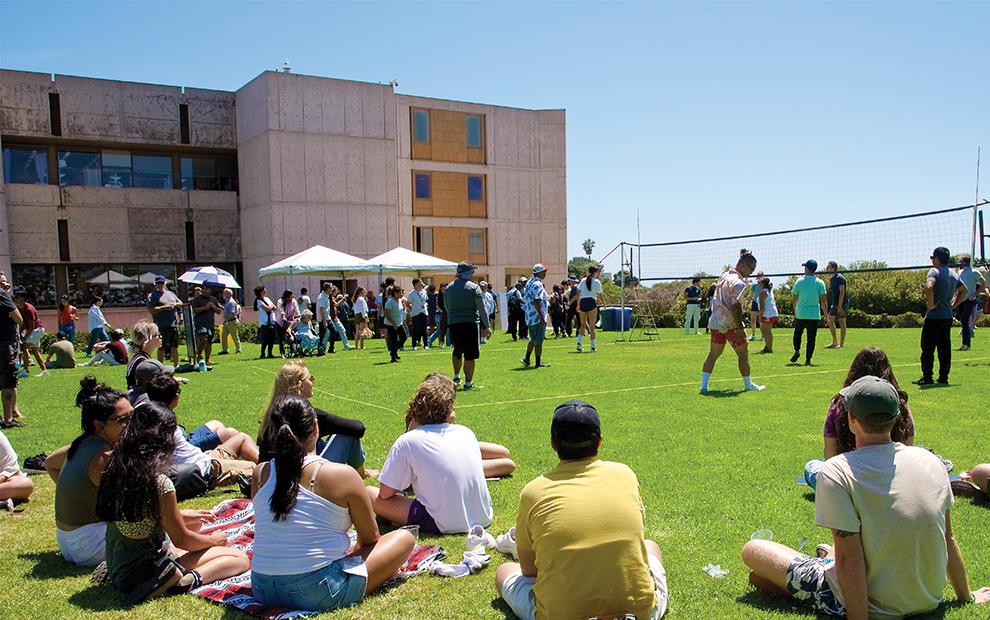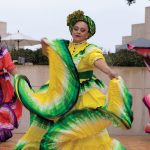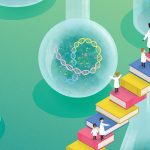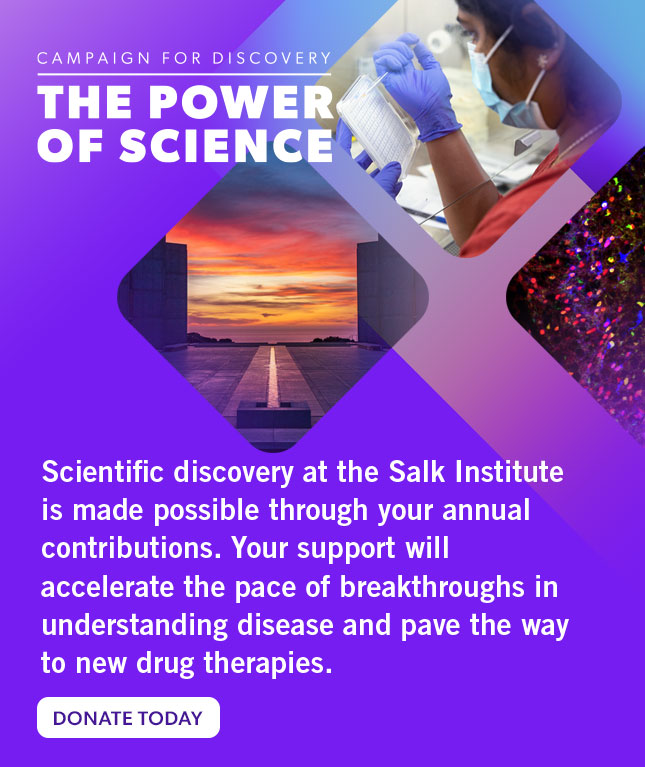Salk’s picnic featured a beautiful, sunny day full of games, good food, and even better community shared between scientists, staff, trainees, and their families on July 21. Held on the Institute’s North Lawn, the festivities included volleyball, corn hole, and table tennis tournaments, with winners of each crowned by the end of the day. An annual event, the Salk picnic is always a great reminder of what makes the Institute so special: the people.
Annual Salk Picnic delivered on fun, food, and community


























































